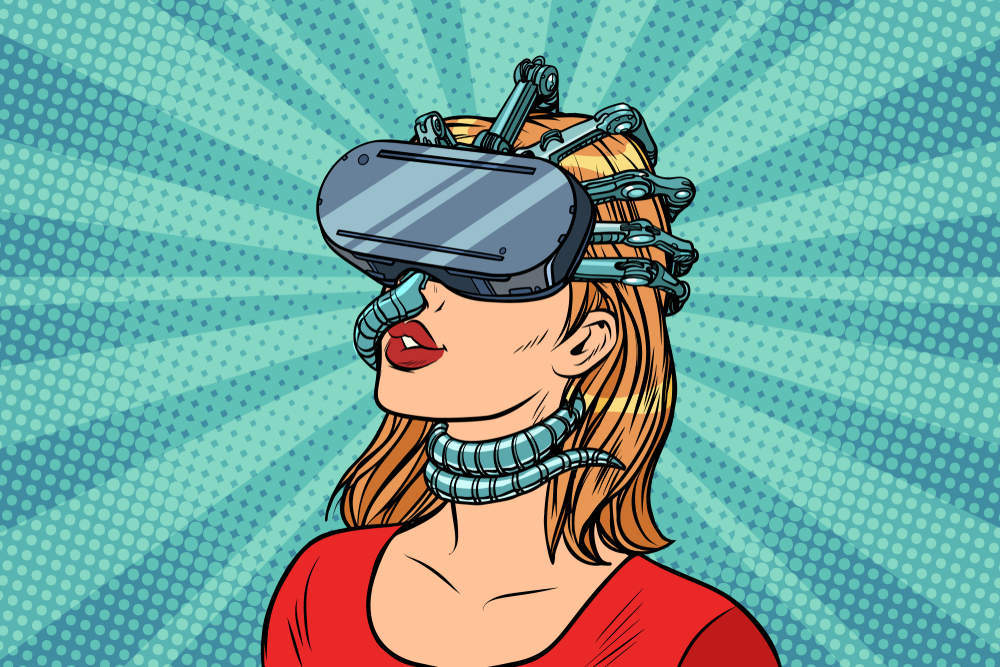Virtual reality (VR) has been called a game changer technology, but — frankly — it isn’t.
The tech is sold to millennials and technologists through countless sci-fi films and the application of VR is easily explained and on celluloid makes sense.
But VR is a niche technology with limited applications. The technology’s role outside of consumer devices will be restricted to proof of concepts for architects and enhanced awareness for drone operators.
VR’s sales pitch – total immersion in a virtual space, is in fact its biggest weakness as a game changer. The future isn’t about escaping reality but augmenting the real with the digital world.
The technology sector’s biggest problem is that its cheerleaders captain the team.
The market’s sea change has been fusing traditional operations with smart capabilities, also known as the Internet of Things (IoT).
How well do you really know your competitors?
Access the most comprehensive Company Profiles on the market, powered by GlobalData. Save hours of research. Gain competitive edge.

Thank you!
Your download email will arrive shortly
Not ready to buy yet? Download a free sample
We are confident about the unique quality of our Company Profiles. However, we want you to make the most beneficial decision for your business, so we offer a free sample that you can download by submitting the below form
By GlobalDataVR’s cousin augmented reality (AR) in a way replicates IoT to create an Internet of Humans.
AR isn’t about retreating to a VR cyberspace: it’s about over laying the real world with data visible through actual human senses.
Some 80 percent of IoT deployments aren’t managed or bought by the IT department’s evangelists, according to a recent GlobalData survey.
It’s easy to sell operational teams visual displays of unit history rather than pawing through tablets or paper work. And it’s impossible to sell a digital space completely removed from reality of the workplace.
Replicating the heads-up-displays (HUDs) of countless video games, AR has a tangible benefit versus the more esoteric VR.
It is very difficult to sell pipe dreams to the practical and the technologies and companies that succeed will be those which offer something inherently more pragmatic.
And evangelists are often the worst marketeers with the early roll outs of AR didn’t work. Google Glass marked its San Franciscan wearers as heralds of the gentrification apocalypse.
AR is though a game changer for businesses. It will be those companies that can sell to the silent, far greater majority who will reap the rewards.
In 2016, one video game dominated headlines in both the specialist and mainstream press.
Downloaded over 650m times, Pokémon Go is the poster child of AR. Nintendo and its partner Niantic Labs offered a simple user experience with a known use case, namely Pokémon.
Curiously, for the first time ever, it’ll be the firms which replicate Pokémon not Google which will succeed in the race to combine the virtual world with the one we’re used to.







Related Company Profiles
Nintendo Co Ltd
Google LLC